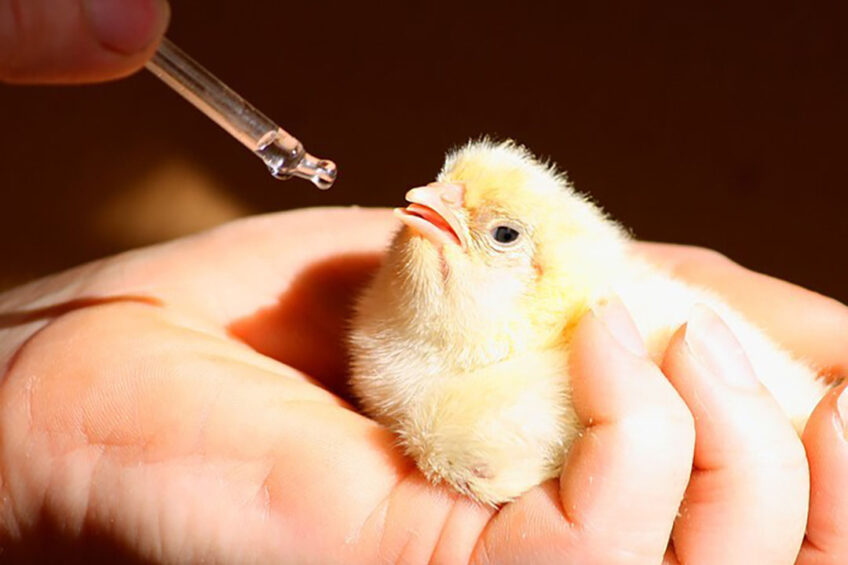Brazil: poultry genetic exports up over 25% in 2021

In 2021, Brazil exported 14.518 tonnes of fertile eggs and 1.173 tonnes of poultry genetic material, generating US$147.7 million. These numbers mean a 26.7% increase in revenue and a 53% increase in volume from 2020.
The Brazilian Association of Animal Protein (ABPA) reported total shipments of fertile eggs reached 14,518 tonnes, a volume 60.9% greater than in 2020 (9,024 tonnes).
In revenue, the results were 53.3% higher – US$59.319 million in 2021 compared to US$38.691 million in 2020.
Regarding genetic materials, shipments totalled 1,173 tonnes, or 4.6% lower than in the same period in 2020 (1,230 tonnes). Nonetheless, this segment’s export revenue reached US$88.441 million throughout 2021, or 13.5% above the previous year (US$77.904 million).
“Brazil has established itself as a platform to export cutting-edge genetics, high-quality products and unparalleled sanitary status, free from diseases, such as avian influenza, that affect other large producers,” said ABPA president, Ricardo Santin.
Brazilian breeders
This status attracts large companies worldwide that aim to expand their borders. Additionally, the segment has an international strategy based on initiatives such as Brazilian Breeders, a Brazilian brand geared toward the global market.
Launched in 2019, the project includes 9 genetic houses, namely Aviagen, Globoaves, Hubbard, Avícola Catarinense, Grupo Alvorada, Hy-Line do Brasil, Cobb, Hendrix Genetics and Pluma, with support from the ABPA and APEX-Brasil (Brazilian Agency for Export and Investment Promotion).
Since then, revenues have increased by 92.5% after 3 years, from US$76.7 million to US$147.7 million. Meanwhile, several countries have opened their market for Brazilian poultry genetics, such as Japan, Cameroon, Jordan and Uganda.
Currently, Brazil supplies genetic materials and fertile eggs to over 60 markets in Asia, Africa, Europe and the Americas. “The expectation is that the good performance will be repeated this year,” concluded Santin.












